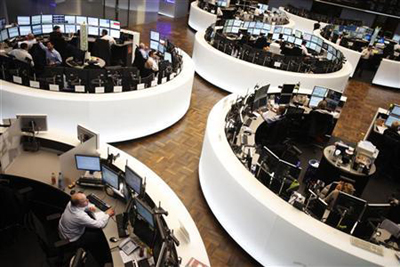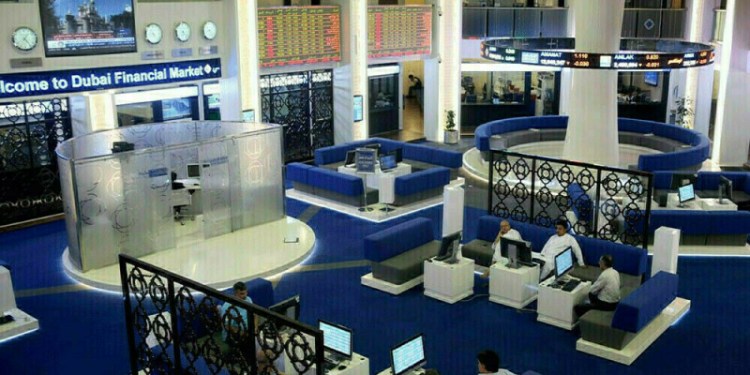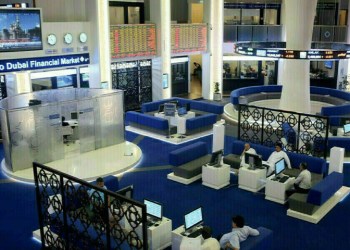Friday, 31 July 2015 00:11
 LONDON: European equities enjoyed their third straight day of gains on Thursday with results from Siemens, Nokia and Safran underpinning the signs of recovery.
LONDON: European equities enjoyed their third straight day of gains on Thursday with results from Siemens, Nokia and Safran underpinning the signs of recovery.
Sentiment was also buoyed by the US Federal Reserve’s relatively bright picture of improving labour-market conditions, without appearing any more aggressive than expected on the timing of an interest rate increase.
However, concerns over China’s growth and emerging markets weighed on companies, among them drinks group Anheuser-Busch InBev. Carmaker Renault warned of a “significant” emerging markets slowdown in 2015.
Data from Germany, whose economy is the most export-dependent in Europe, showed an unexpected rise in unemployment in July. Construction company Saint-Gobain said the outlook for its German business remained uncertain.
“There seems to be certainly more potential in euro zone (earnings) than in the US … But markets with a higher domestic exposure should be more rewarding going forward than those that are internationally exposed,” said Julius Baer strategist Christoph Riniker.
“In a nutshell, we prefer peripheral markets like Italy and Spain to Germany.” The pan-European FTSEurofirst 300 closed up 0.6 percent, while the euro zone’s blue-chip Euro STOXX 50 index edged up 0.2 percent.
The FTSEurofirst is up around 15 percent in 2015. German trains-to-turbines group Siemens beat expectations with its third-quarter results. Nokia’s operating margin results also beat market expectations, while Safran shares surged 10 percent after the company raised its profit forecast.
“These are quite solid earnings overall … But it’s not that surprising as the euro has gone down so much and the economy has been improving,” said Peregrine & Black trader Markus Huber. “China is still not out of the woods.”
JPMorgan strategists said the earnings season, which is about a third of the way through, pointed to a high number of companies beating expectations.
“The proportion of European companies beating estimates is the highest since we started compiling the data in ’09,” they wrote in a note to clients.



























